New Fancy Dorms Look A Lot Like Coliving Spaces
Coliving, the latest trend in real estate, is often compared to “dorms for adults.” Instead of isolated apartments, housing projects like WeWork’s WeLive offer tiny, furnished rooms and abnormally generous common spaces. Others, like Brooklyn-based Common, cater to a more mature crowd (sans WeLive’s laundry-room arcade) but follow a similar concept: Residents rent furnished rooms inside of larger community complexes, just like many of them did in college.
Now a real estate developer is applying the “dorms for adults” model to, well, dorms.
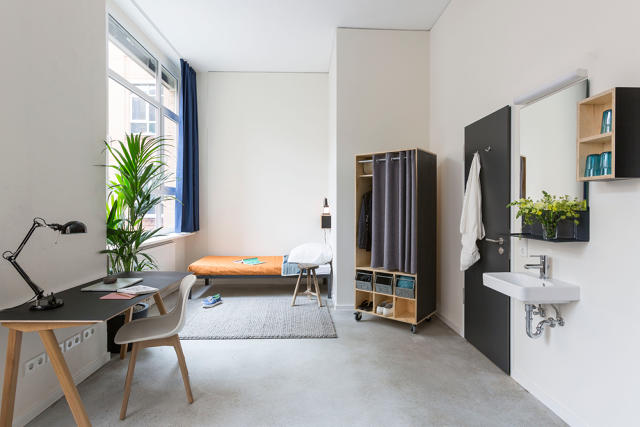
“Most people build student housing and they want to build it as cheaply as possible and the furniture to be as rugged as possible, because they think that students will wreck it,” says David Belt, whose real estate development company piloted a fancy dorm—complete with salvaged furniture and slatted ladder-style staircases—in Berlin last year. “I don’t think that.”
Belt is launching a new subsidiary of his development firm, Macro Sea, that will operate a network of five connected dorms in New York and Europe under a brand that has yet to be named. Some, like the dorm in Berlin, will be filled in partnership with study-abroad school CIEE Global Institute. To comply with zoning codes, Belt will need to partner with local universities in New York. Similarly to WeLive, student residents of all five buildings will be connected via an app, and they can book rooms in other buildings in the network when they travel.
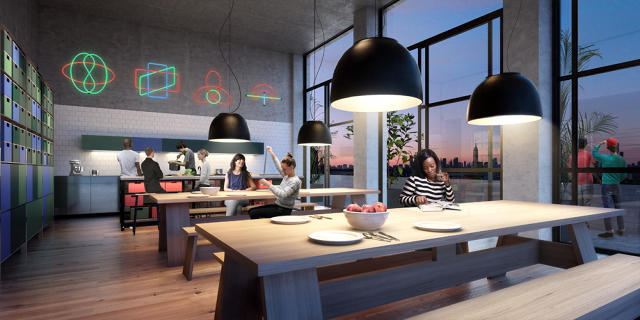
WeWork, within both its coliving and coworking spaces, has positioned itself as an operator: Developers hire the company for its brand, design expertise, community coordination, and logistical aptitude, all of which allows it to rent space at a high margin. Belt’s dorm project is an example of a developer building his own operations company to play the role that a company like WeWork may have played otherwise. WeWork, which typically does not own real estate, partners with real-estate companies, with which it often negotiates favorable terms. If more developers follow Belt’s lead, it would mean some of WeWork’s potential partners would become competition.
The next building in the dorm network will open within two years in Barcelona, where construction is already under way. Belt has also purchased land in Williamsburg, New York, and will begin construction on a 400-person dorm early next year. He plans to complete the network with locations in Rome and Paris within the next five years.
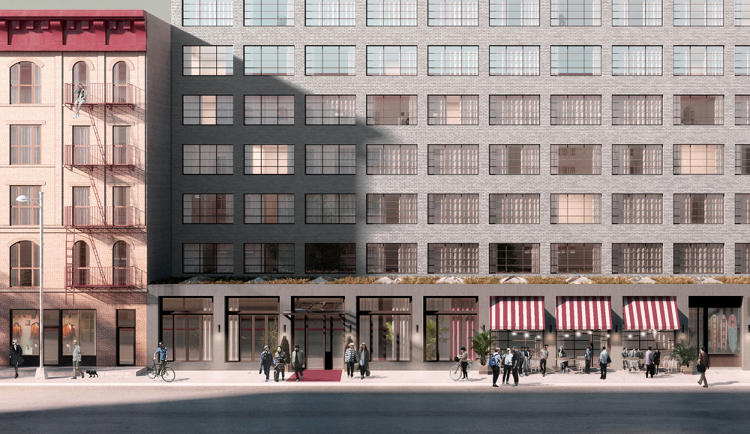

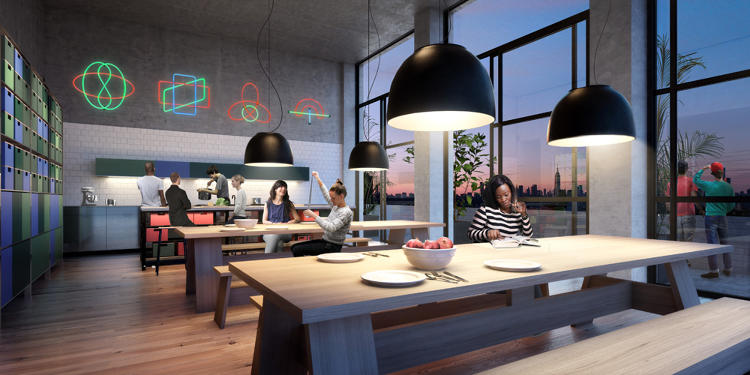

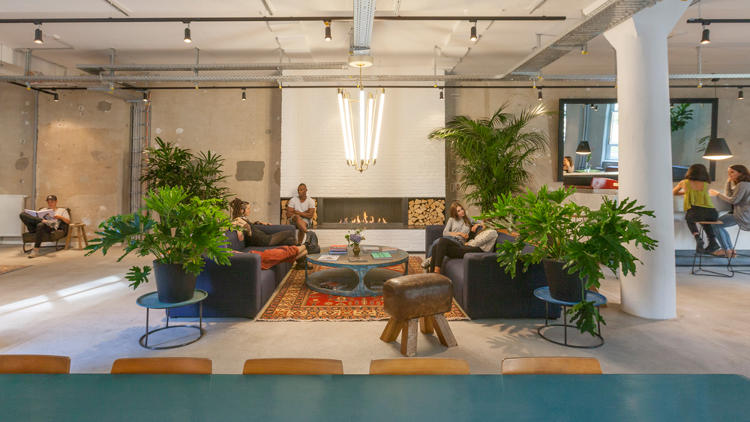
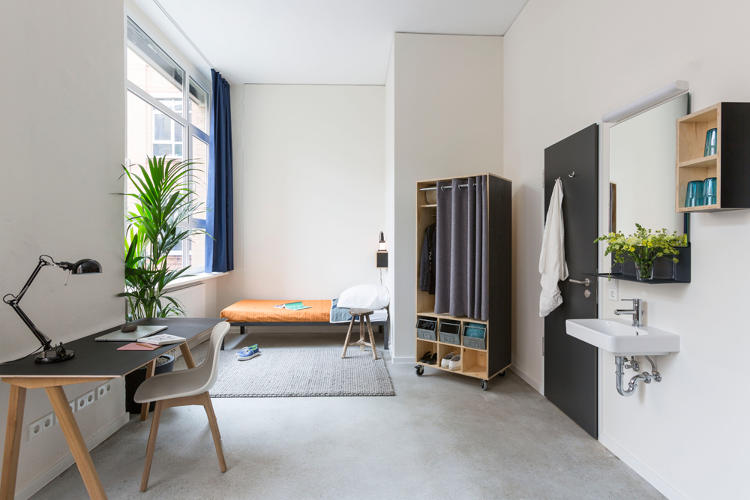
Fast Company , Read Full Story
(96)







